Life
Sign up for our newsletter
We summarize the week's scientific breakthroughs every Thursday.
-
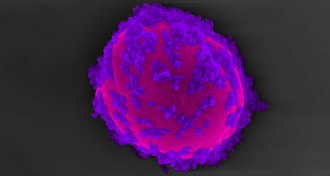 Microbes
MicrobesMini ‘solar panels’ help yeast shine at churning out drug ingredients
Microbes equipped with light-harvesting semiconductor particles generate useful chemicals much more efficiently than ordinary microbes.
-
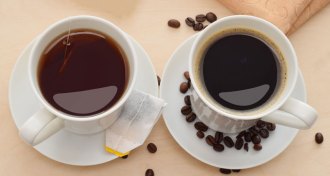 Genetics
GeneticsCoffee or tea? Your preference may be written in your DNA
Coffee or tea is a bitter choice, a taste genetics study suggests.
-
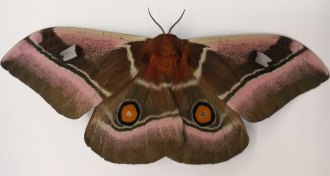 Animals
AnimalsSound-absorbent wings and fur help some moths evade bats
Tiny ultrathin scales on some moth wings absorb sound waves sent out by bats on the hunt.
-
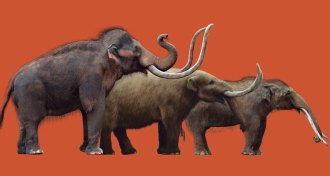 Ecosystems
EcosystemsHow mammoths competed with other animals and lost
Mammoths, mastodons and other ancient elephants were wiped out at the end of the last ice age by climate change and spear-wielding humans.
-
 Animals
AnimalsClimate change may have made the Arctic deadlier for baby shorebirds
What were once relatively safe havens in the Arctic are now feasting sites for predators of baby birds.
By Susan Milius -
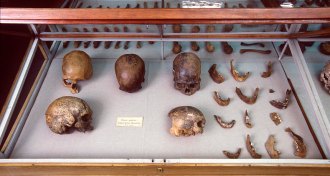 Genetics
GeneticsAncient DNA suggests people settled South America in at least 3 waves
Genetic studies of ancient remains are filling in the picture of who the earliest Americans were and how they spread through the Americas long ago.
-
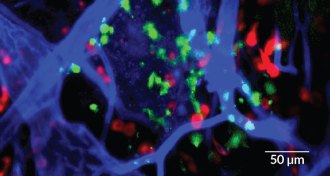 Life
LifeHow a life-threatening allergic reaction can happen so fast
Cells that act as sentries facilitate quick communication between allergens and anaphylaxis-triggering immune cells, a study in mice finds.
-
 Life
LifeThe number of calories you burn while resting depends on the time of day
This daily cycle of calorie burning is one of the many body processes that follow a biological clock.
-
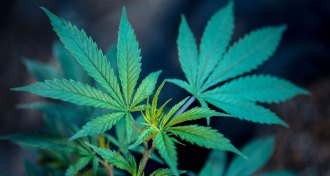 Neuroscience
NeuroscienceMarijuana may change the decision-making part of teen brains
A marijuana-like drug given to male rats during adolescence changed the structure of their brains.
-
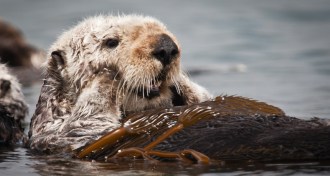 Animals
Animals50 years ago, atomic testing created otter refugees
Nuclear testing on the island of Amchitka caused hundreds of otters to be rehomed 50 years ago. Those hundreds have grown into thousands.
-
 Neuroscience
NeuroscienceA lack of sleep can induce anxiety
Pulling an all-nighter induced anxiety in healthy people, a recent study finds.
-
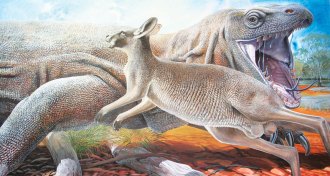 Paleontology
Paleontology‘End of the Megafauna’ examines why so many giant Ice Age animals went extinct
‘End of the Megafauna’ ponders the mystery of what killed off so many of Earth’s big animals over the last 50,000 years.
By Erin Wayman